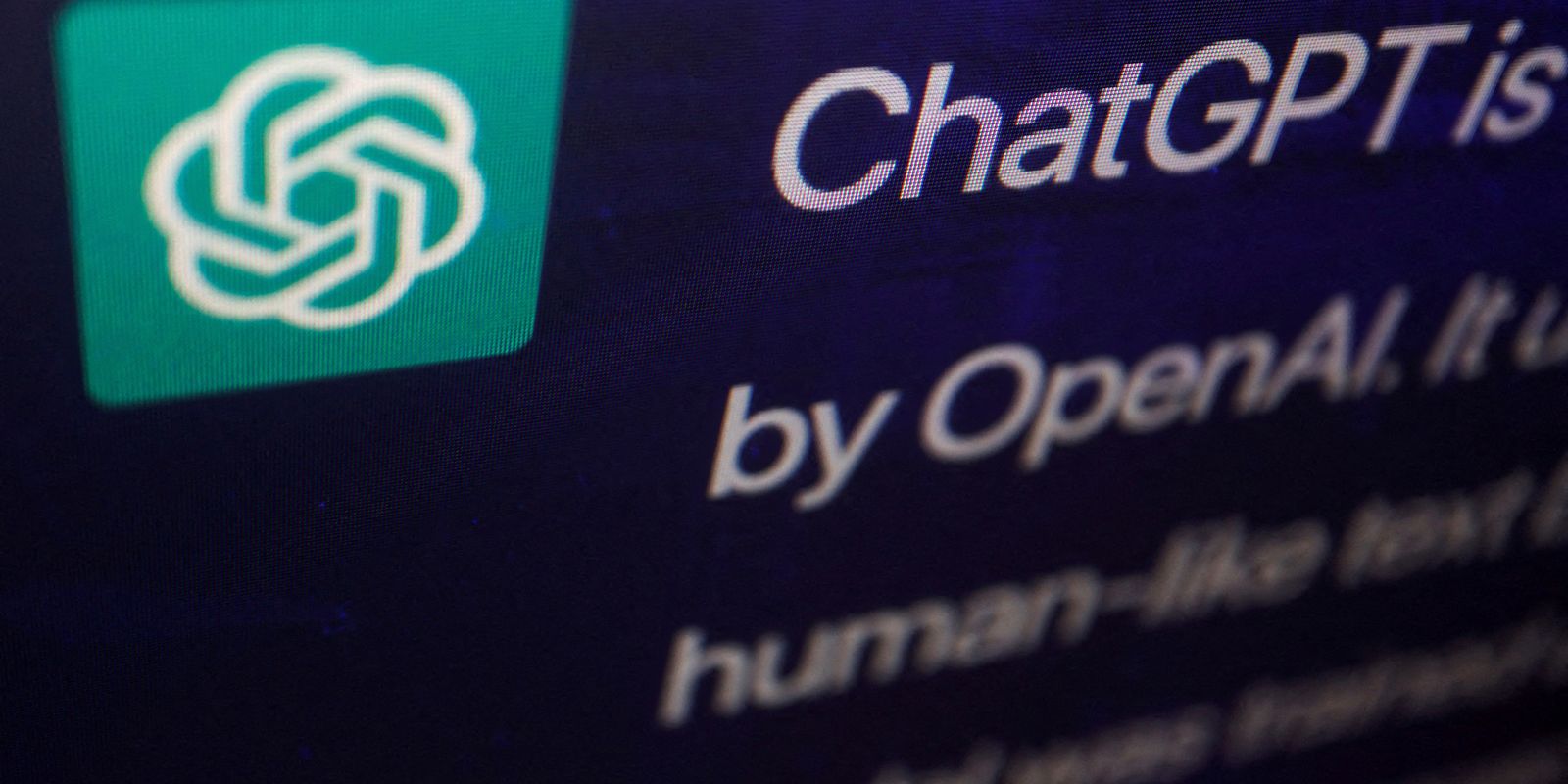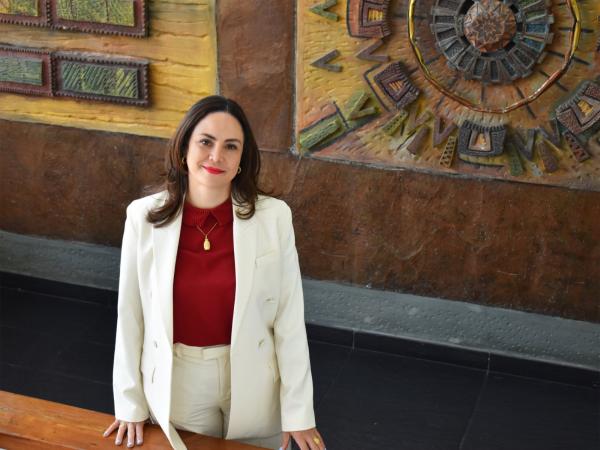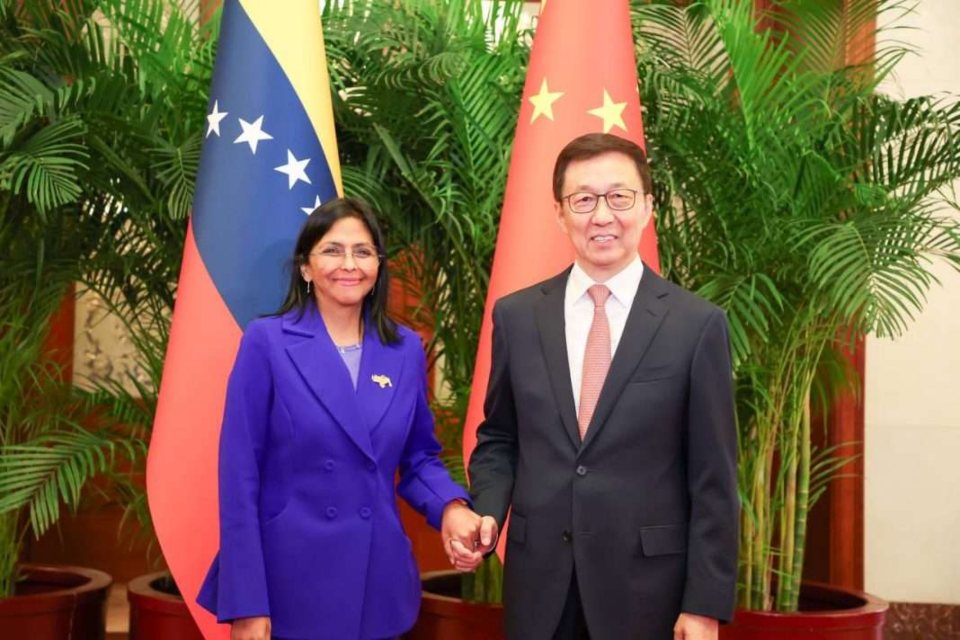The rapporteur of the bill that intends to regulate Artificial Intelligence (AI) in Brazil included in the text, this Thursday (5), that AI systems used by big techs for content moderation and recommendation should not be regulated by the future legislation, should it be approved.
To the big techs They are the technology giants that control digital platforms, such as Facebook, Instagram and X.
Project 2,338 of 2023 was approved this Thursday, by agreement, in the Senate Special Committee created to analyze the text that will be considered in the House plenary next Tuesday (10). If approved, it goes to the Chamber of Deputies.
Senator Eduardo Gomes (PL-TO), rapporteur of the matter, had already withdrawn from the list of AI systems high risk those used for moderation and recommendation of content on a large scale, and which are used by the digital platforms they control, for example, Instagram, Facebook and Twitter.
This is because the bill provides for stricter governance, inspection and monitoring rules for high-risk AI systems, which are technologies that can cause harm to people or society.
In the new report presented today, the rapporteur included article which determines that these systems used by big techs should not be regulated by law, if it is sanctioned.
“The regulation of aspects associated with the circulation of content online and that may affect freedom of expression, including the use of artificial intelligence for moderation and content recommendation, can only be done through specific legislation”, states article 77 of the project included this Thursday in the text.
According to rapporteur Eduardo Gomes, “the insertion of art. 77 is to avoid interpretations that restrict freedom of expression”. The change welcomed an amendment by senator Marco Rogério (PL-RO), who cited the International Covenant on Civil and Political Rights (ICCPR) to defend the change.
“The pact defines that any restrictions on freedom of expression must be expressly provided for in law, in accordance with the principle of legality”, explained Rogério.
Artificial intelligence specialist Paula Guedes, representative of the Coalition Rights on the Network, an entity that brings together 50 organizations, assessed that the article included today harms the regulation of one of the most important sectors linked to the use of artificial intelligence.
“This is bad, because it takes away from this law now, playing for future regulation. The entire attempt is to remove platforms from any type of regulation. We saw this with the draft law fake news last year, and we are seeing this now. They are the only actors in the market that do not have any type of regulation, other than their own,” said Paula.
Representatives of digital platforms were on the Special Committee on AI regulation, but the Brazil Agency could not reach a spokesperson to comment on the changes. The report contacted Meta, which controls Facebook, Instagram and Whastapp, but did not receive a response until the closing of this article.
Project
Authored by the President of the Senate, Rodrigo Pacheco (PSD/MG), the text establishes the fundamental principles for the development and use of AI. It defines that technology must be transparent, safe, reliable, ethical, free from discriminatory bias, respecting human rights and democratic values. Furthermore, the project requires that technological development, innovation, free enterprise and free competition be considered.
The project also defines which artificial intelligence systems should be considered high risk and, therefore, require stricter regulation, in addition to prohibiting the development of technologies that cause harm to health, safety or other fundamental rights.
It also prohibits the Public Authorities from creating systems that classify or rank people based on social behavior to access goods and services and public policies “in an illegitimate or disproportionate way” or that facilitate the sexual abuse or exploitation of children and adolescents.















